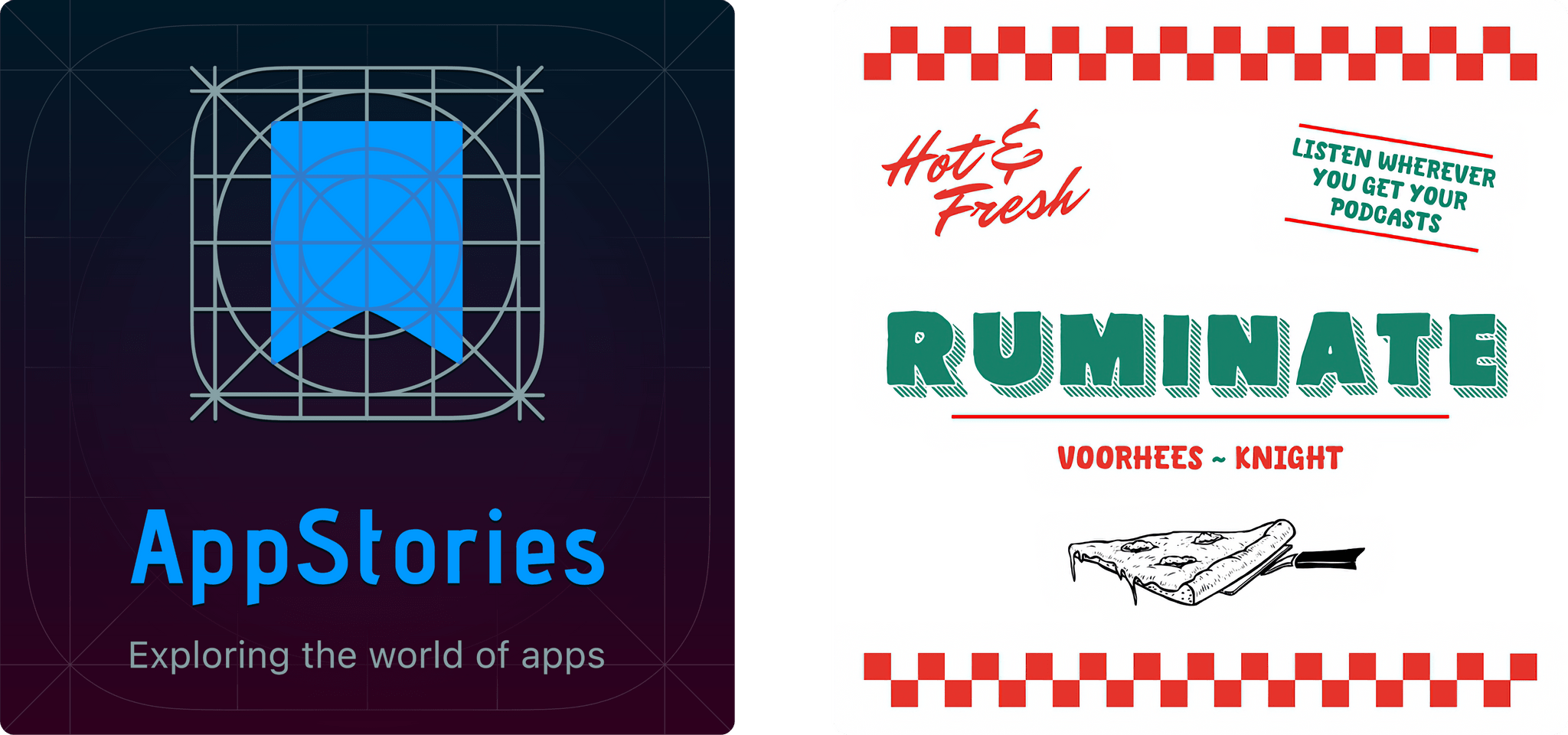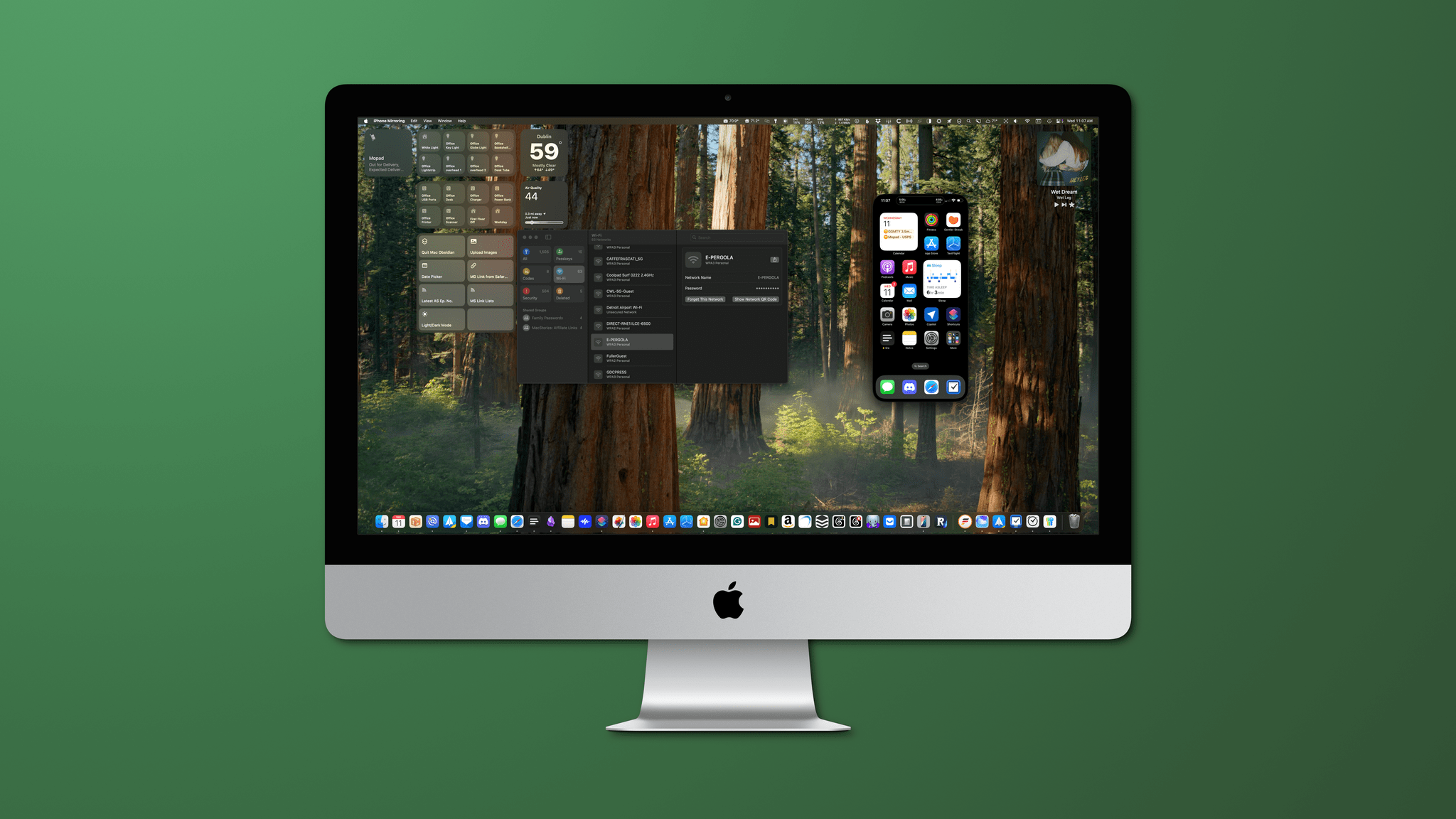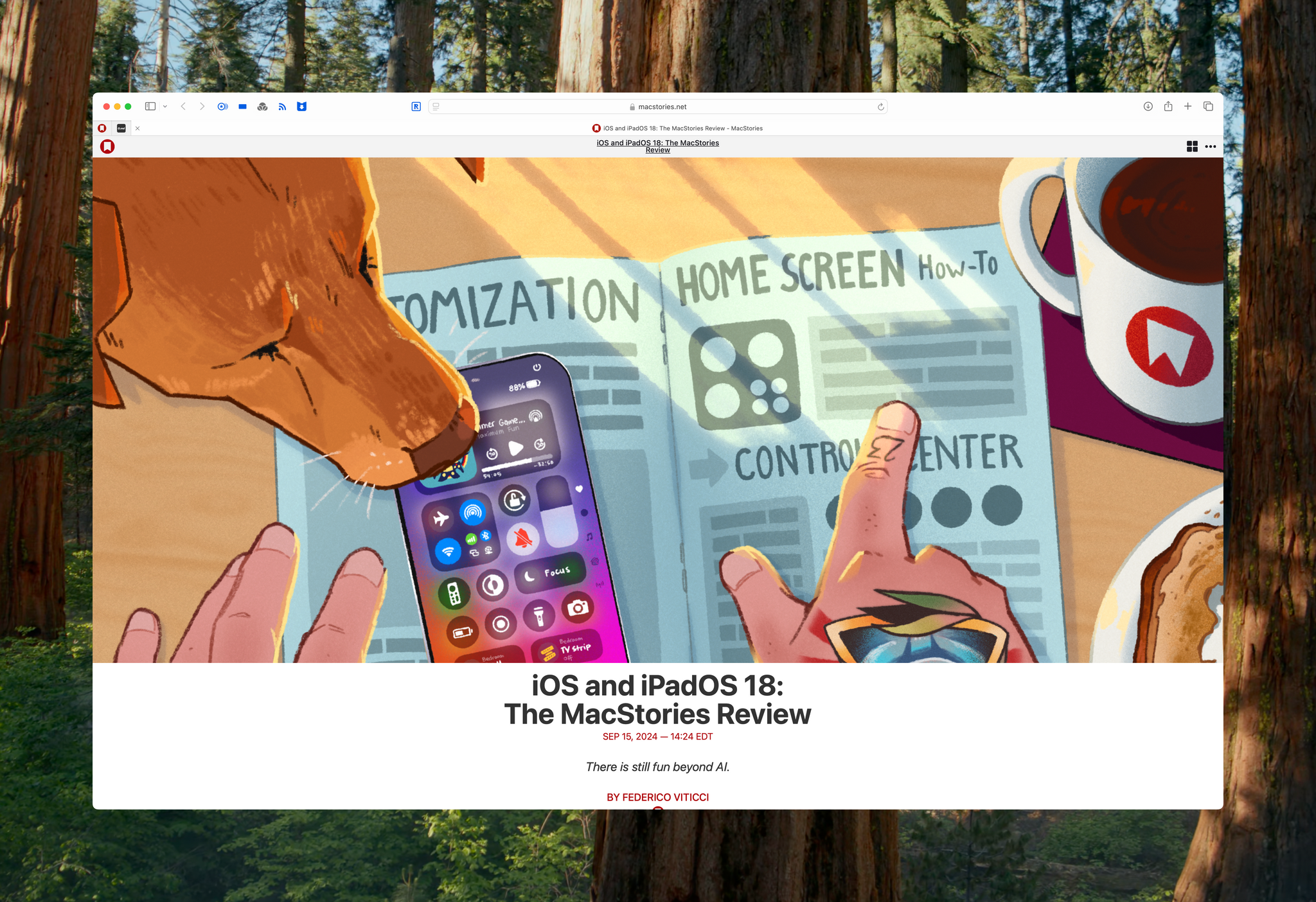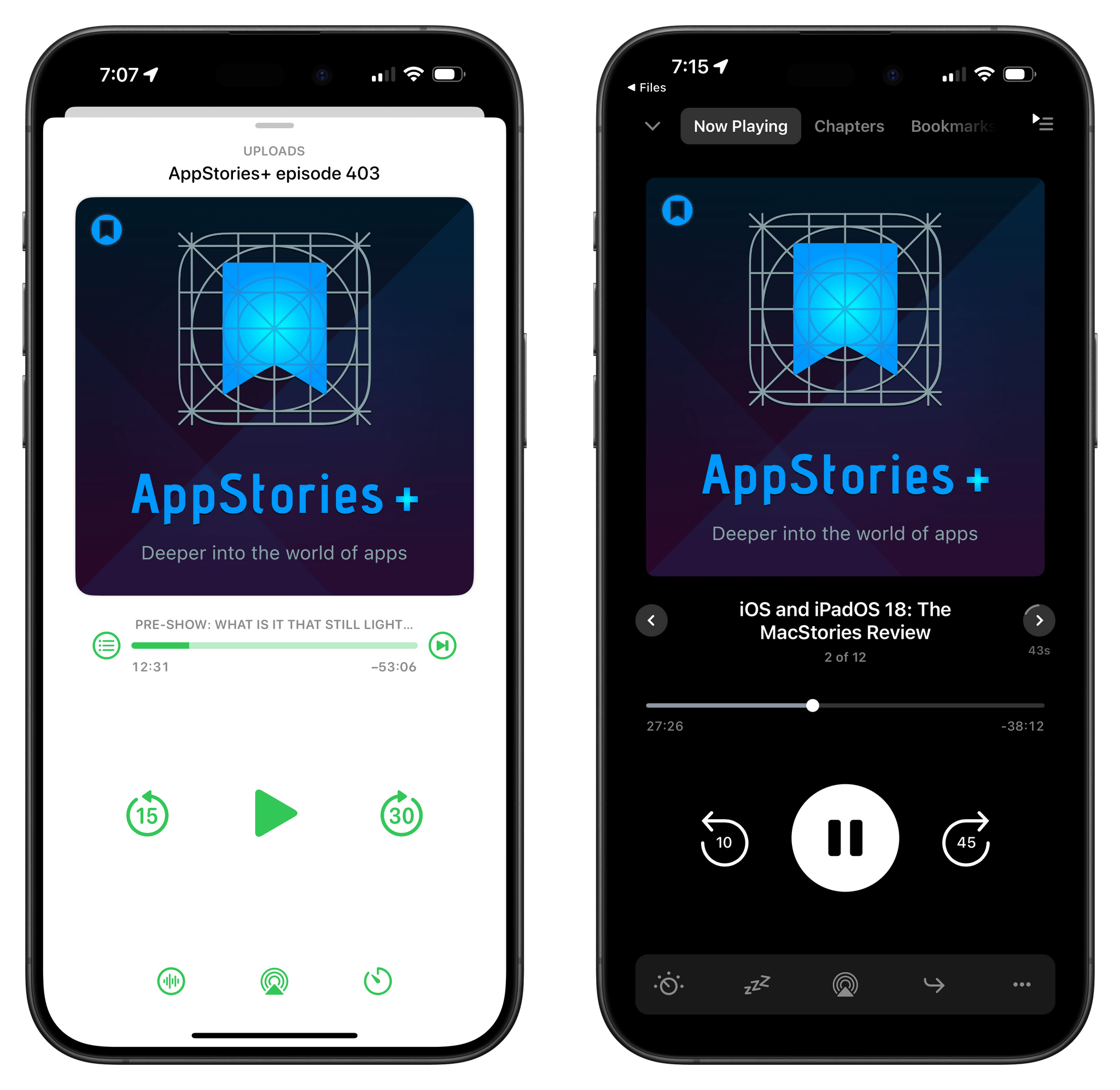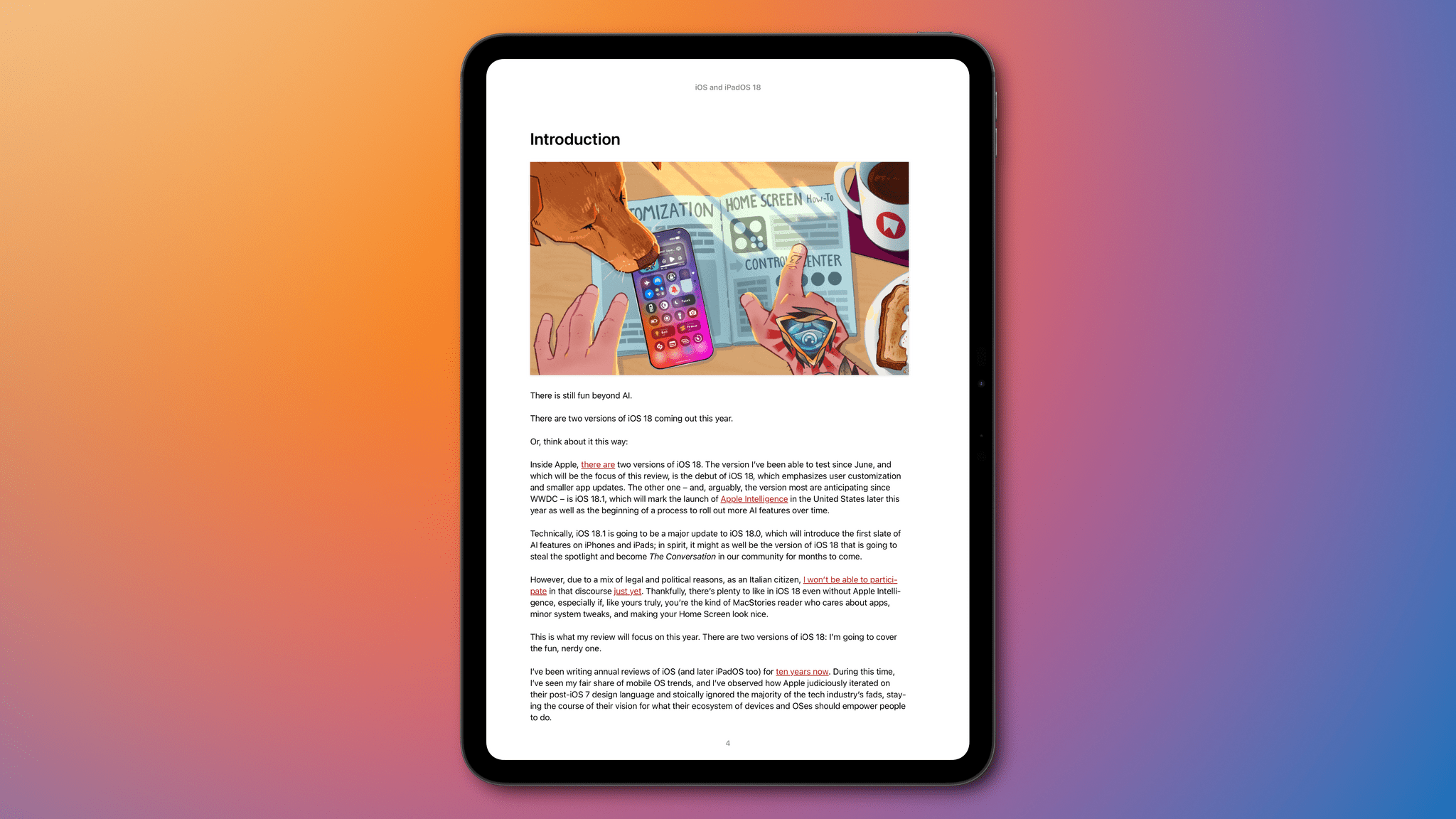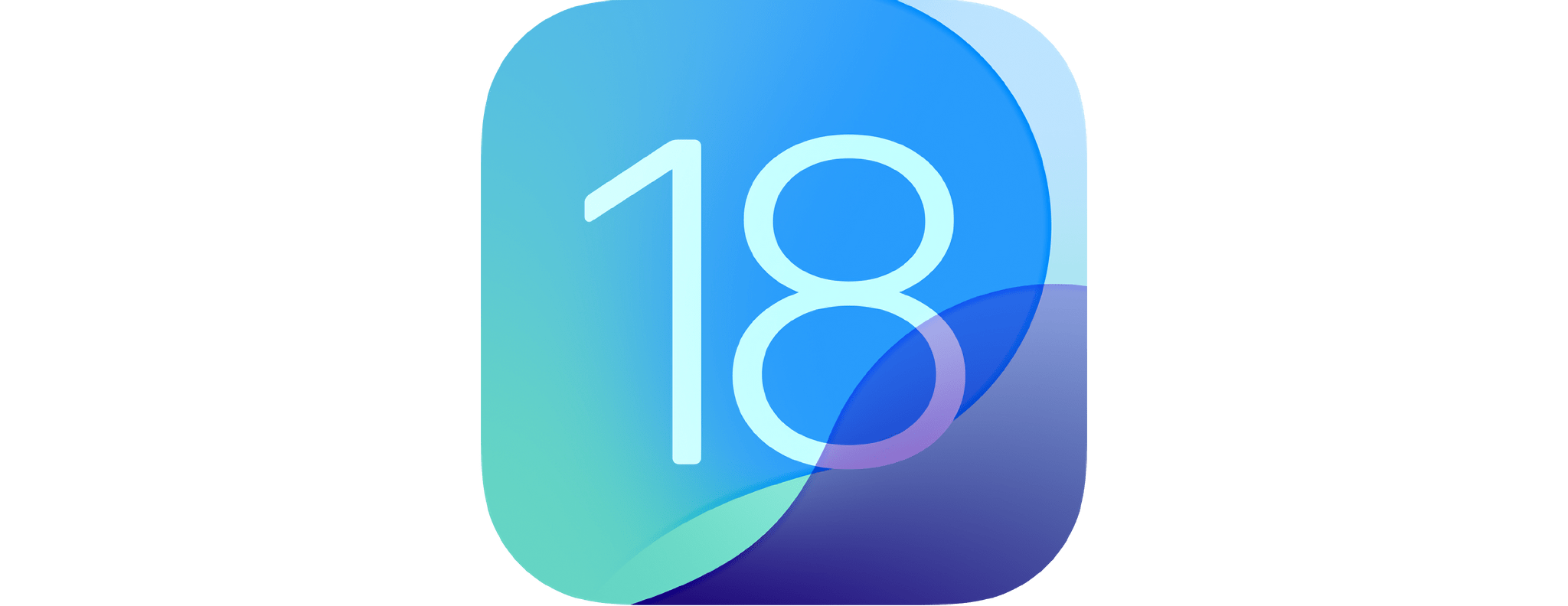Friday is Relay’s annual Podcastathon for St. Jude. They’re raising money during Childhood Cancer Awareness Month, and the Podcastathon is a fun 12-hour live streamed show from your favorite Relay hosts that begins at Noon Eastern on Friday, September 20th. If you haven’t donated, yet, you can do so here. It’s a great cause that we’d love MacStories readers to get behind. For more details be sure to see my post from August.
As you can imagine, our pals Stephen and Myke are a little busy getting ready for their big show at the end of the week. So, they did something very trusting and handed over this week’s Connected episode to Federico who invited me and Brendon, his co-hosts on NPC: Next Portable Console, to join him.
The episode was a blast, covering topics like:
- Flappy Bird’s questionable upcoming return to the App Store that was announced recently;
- The devices we purchased in the aftermath of Apple’s Glowtime event and why;
- Federico’s different approach to this year’s iOS and iPadOS 18 review and what it means for MacStories more broadly; and
- How we’d fix Apple’s approach to videogames if we were in charge.
Plus, for the Connected Pro segment, subscribers got to hear all about our weird super powers.
Thanks to Myke, Stephen, and Federico for having Brendon and me on Connected today, so we could put a temporary NPC spin on the show.



